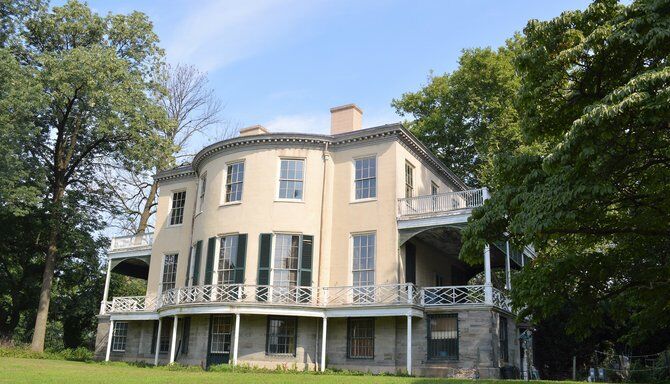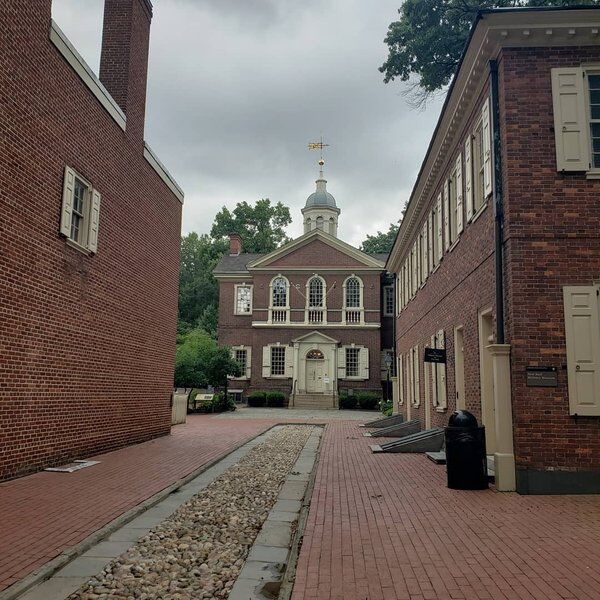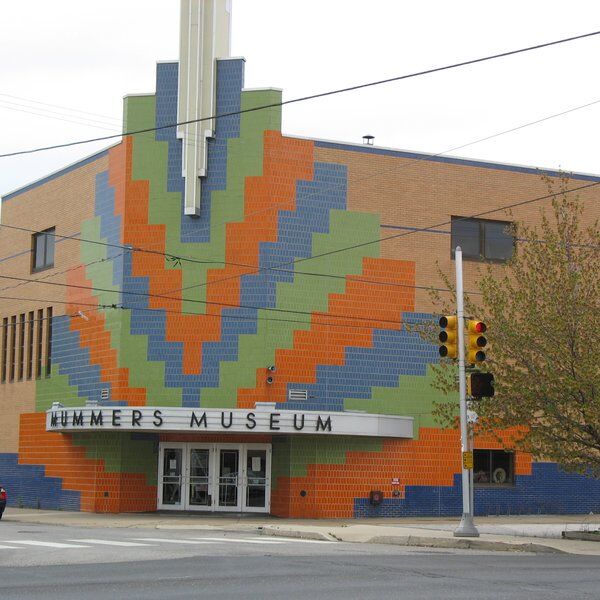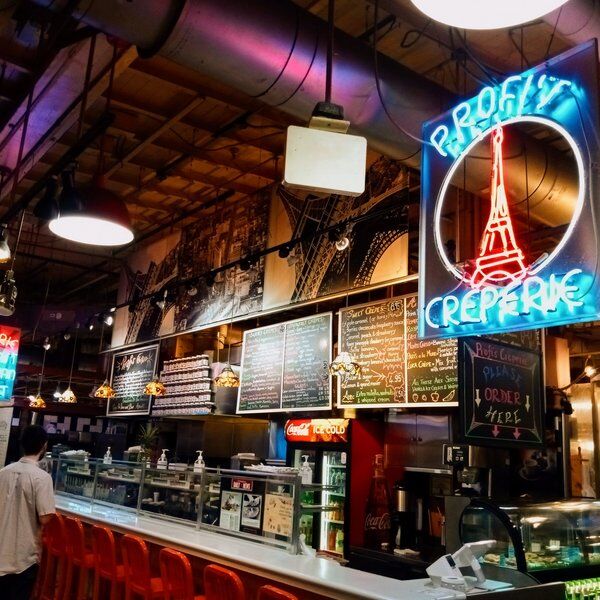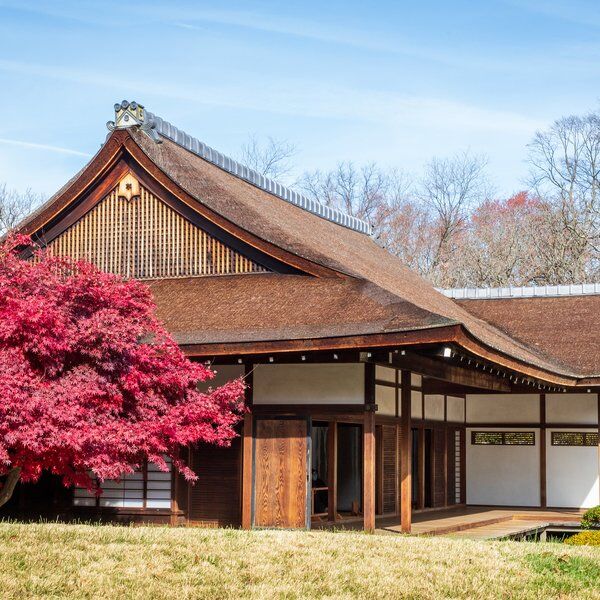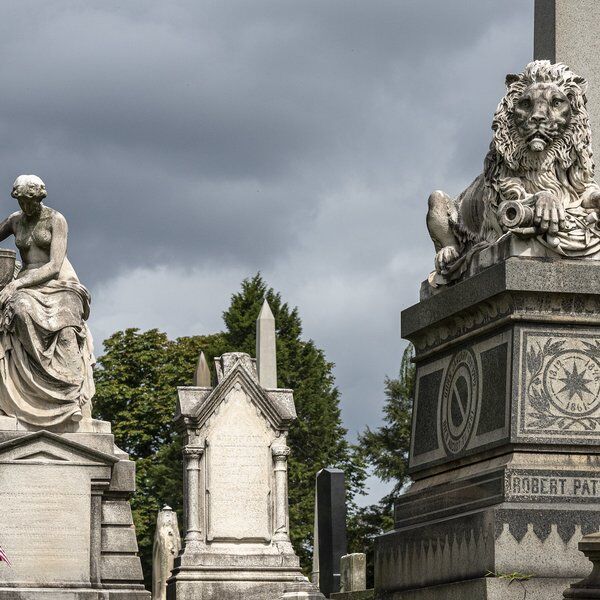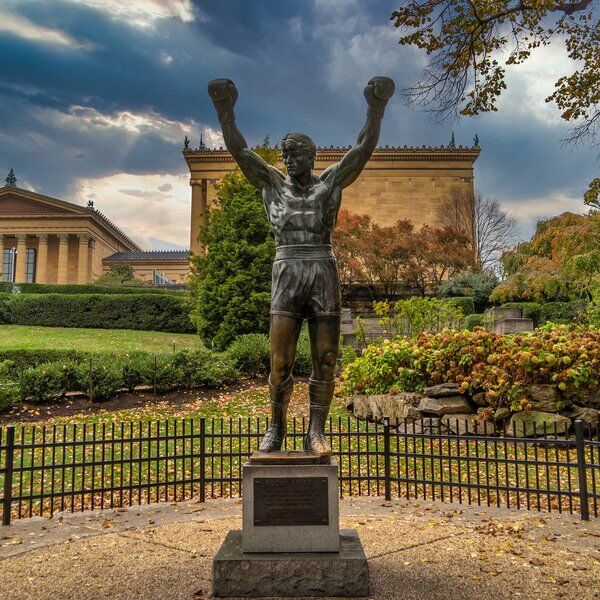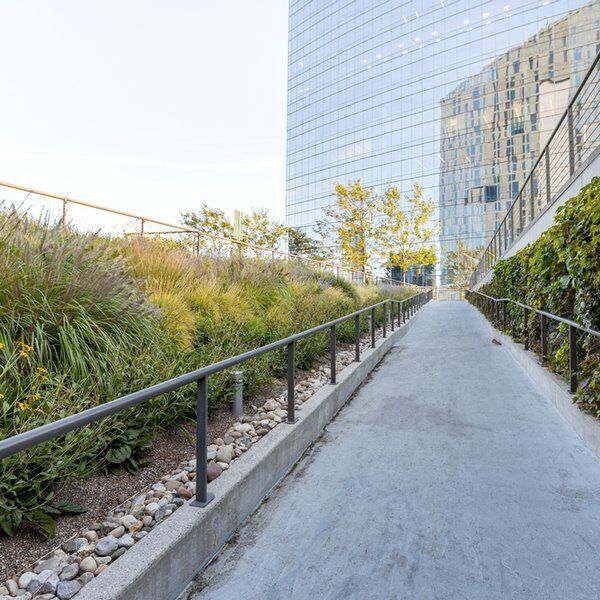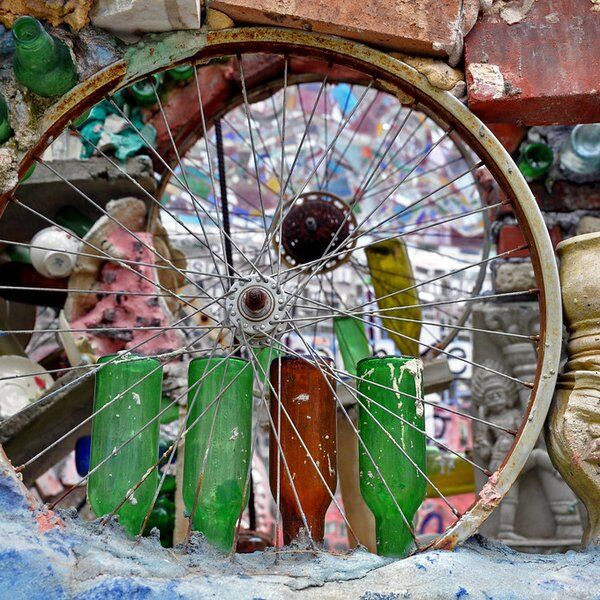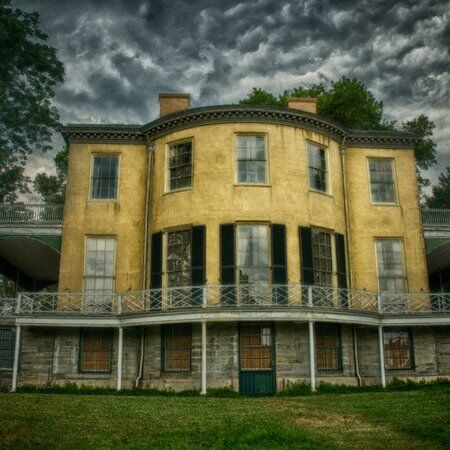
The Early History of Lemon Hill Mansion
Situated on a bluff overlooking the Schuylkill River and Boathouse Row, Lemon Hill Mansion was originally part of the historic Springettsbury Manor, once owned by William Penn and named after his wife, Gulielma Springett. Over the years, Lemon Hill Mansion has garnered recognition for its architectural significance and historical importance being added to the National Register of Historic Places in 1972. Today, the beautiful estate is part of Philadelphia's Fairmount Park, and can be visited all year round.
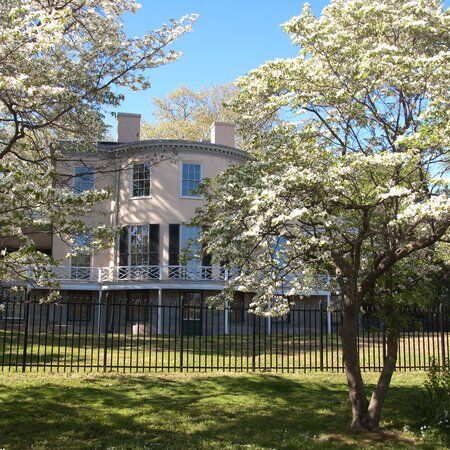
The History of Lemon Hill Mansion
Early Years
In 1770, Robert Morris acquired 300 acres of this land for his country residence known as "The Hills." Despite not residing there, Morris developed a greenhouse complex on the property. However, financial hardships led to Morris's bankruptcy in 1799. From here Henry Pratt acquired 43 acres of “The Hills” estate through a sheriff's sale for $14,654.
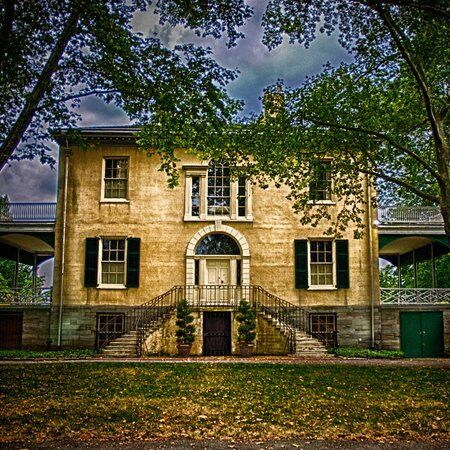
Henry Pratt and Lemon Hill Mansion
Henry Pratt, was a successful merchant and real estate speculator, who transformed the estate – his summer retreat – into what is now Lemon Hill Mansion between 1799 and 1800. The mansion, designed in the Adamesque Federal style, consisted of three oval rooms, stacked atop one another, featuring curved fireplace mantles and doors.
Lemon Hill Mansion is not only an example of beautiful Federal-style architecture but also gardens that were born from Pratt's passion for gardening, which flourished during his time at the estate. He cultivated his beautiful gardens in the English landscape style, which he filled with rare plants and flowers and opened to the public for a small fee.
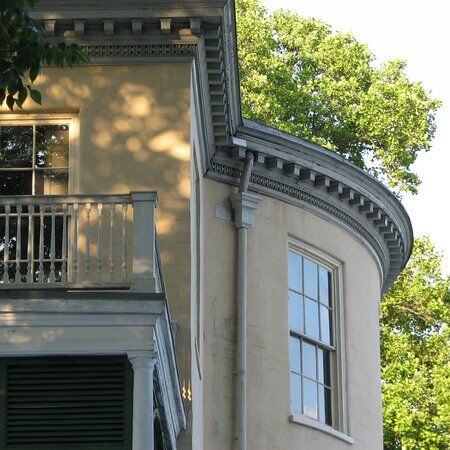
Pratt's visionary landscape included greenhouses, where he nurtured lemon citrus trees among other exotic plants, earning the estate its iconic name, Lemon Hill.
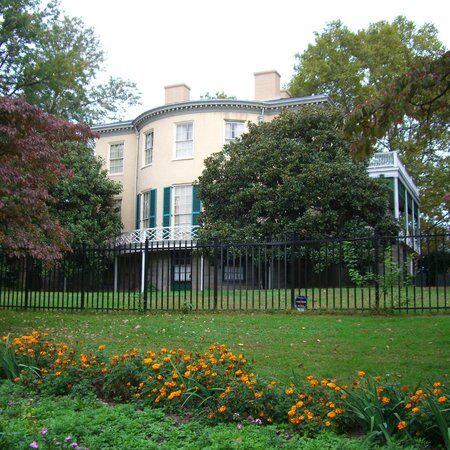
Saving Lemon Hill Mansion’s Grounds
The fate of Lemon Hill took a turn after Pratt's passing in 1838. Two years prior, he had sold the property to a New York speculator, and economic turmoil, exacerbated by President Andrew Jackson's actions, caused its value to plummet. Left neglected for over nine years, the mansion deteriorated until city officials intervened, recognising its importance in safeguarding Philadelphia's water supply due to its strategic location near the Schuylkill River.
Despite the neglect, Philadelphians protested for the protection of Lemon Hill's gardens from the threat of development. Their efforts were successful in 1855 when the City made a groundbreaking decision to acquire the land. It was the first instance of such a purchase for public use in the city’s history and was the first step in incorporating Lemon Hill into the newly established Fairmount Park in 1855.
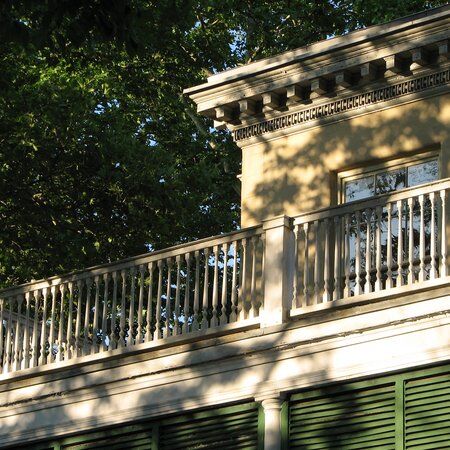
Events held at Lemon Hill Mansion
In 1888, the construction of a music pavilion, with a seating capacity of 2,000 people, on the Lemon Hill grounds was a significant milestone. This gained momentum when free orchestra concerts were held from 1922, which captured the city's attention, drawing staggering crowds of 20,000.
The mansion's prominence experienced a resurgence in the 1980s with the advent of the Philadelphia International Cycling Championship, also known as the CoreStates Bike Race. The race's picturesque route traversed through Lemon Hill, weaving its way through iconic landmarks such as the Benjamin Franklin Parkway, Kelly Drive, and Boathouse Row.
Spanning approximately 12.3 miles, the bike circuit course ran along the Schuylkill River, culminating in a loop past the Philadelphia Museum of Art, which was originally ear-marked for construction on Lemon Hill grounds itself.
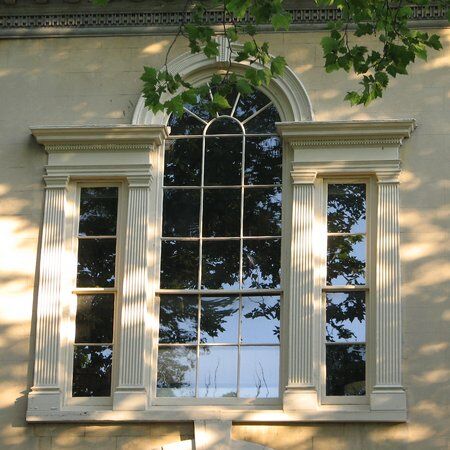
Preserving the Lemon Hill Mansion
In 1926, Lemon Hill underwent a significant restoration led by Fiske Kimball, the first director of the Philadelphia Museum of Art, and his wife Marie. This restoration aimed to revive the mansion's original 1800 appearance, stripping away Victorian modifications and returning the interior to its former elegance. Subsequently, Lemon Hill was opened to the public as a historic house museum in 1957, preserving its rich history for future generations.
More recent renovations were initiated in 2011 by Philadelphia Parks & Recreation. The plans were organised by architectural firm MBTA Associates and contractors such as R.C. Legnini, Mulhern Electric, and Devine Brothers, and focused on renovation for preservation. In this way they have maintained the original fabric and style of the building whilst carrying out all necessary updates.
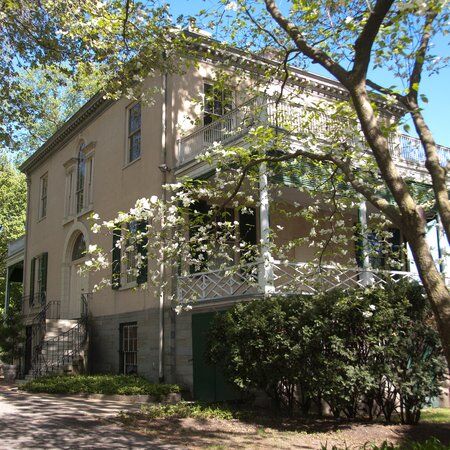
To ensure safety for guests and staff, renovations include the installation of new fire and security systems, emergency and exterior lighting, as well as lightning protection. The longevity of the mansion is secured through the replacement of deteriorated plumbing and electrical systems, along with the addition of new air conditioning systems to enhance its capacity for hosting events.
Current renovations are being conducted on the interior, such as the restoration of plaster walls, repainting, and the replacement of building systems. The next phases will extend to exterior work, including a new roof and the reinforcement and repainting of the porches, ensuring the mansion's resilience for decades to come.
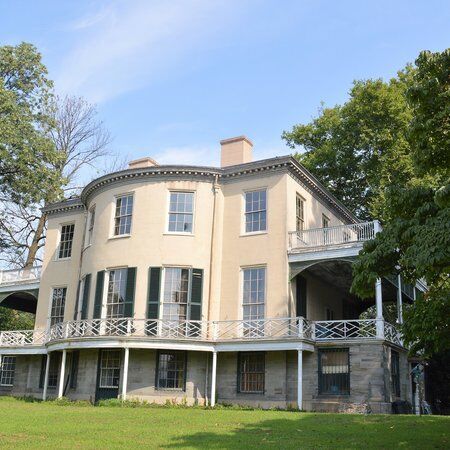
Discover More of Philadelphia with CityDays
Discover Philadelphia’s secret sites and noteworthy nooks by playing one of our Philadelphia treasure and scavenger hunts.
You’ll find curated trails and hunts all over Philadelphia. All you have to do is team up with your friends, family or whoever to solve riddles, complete challenges and answer trivia to lead you on an unforgettable journey around Philadelphia's most intriguing streets.
The best part? We’ll recommend top-rated bars, cafés and restaurants and give your team the chance to earn rewards by competing on our leaderboard.
CityDays gives you total freedom to start and finish whenever you like, take extra breaks if you want or need them, and it’s suitable for people of all ages.
